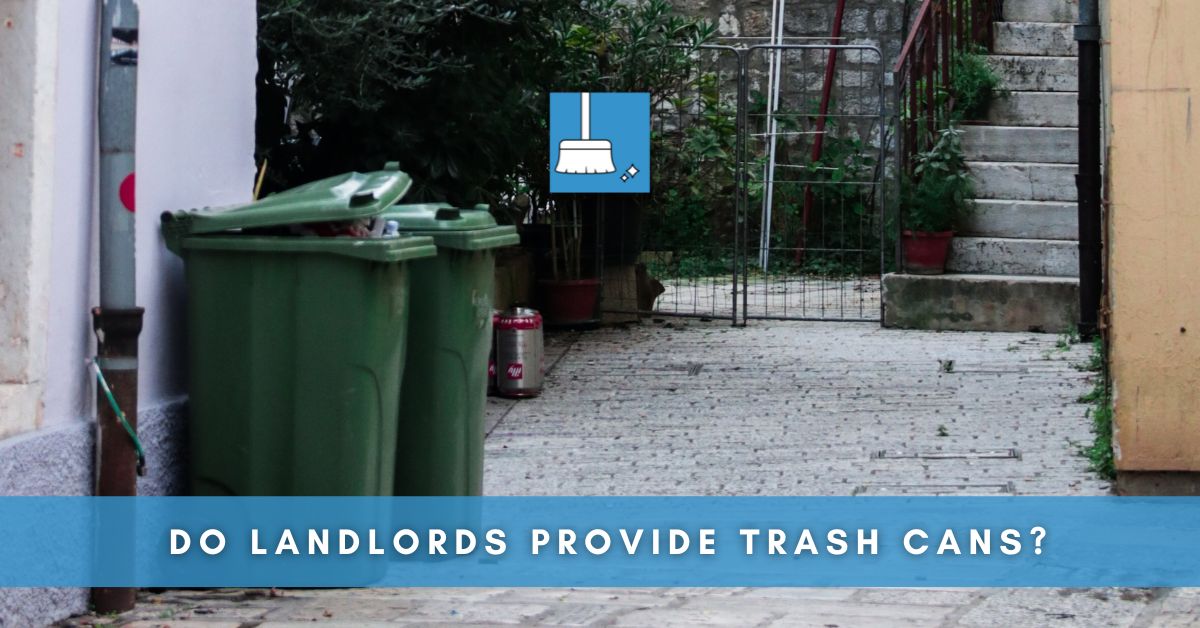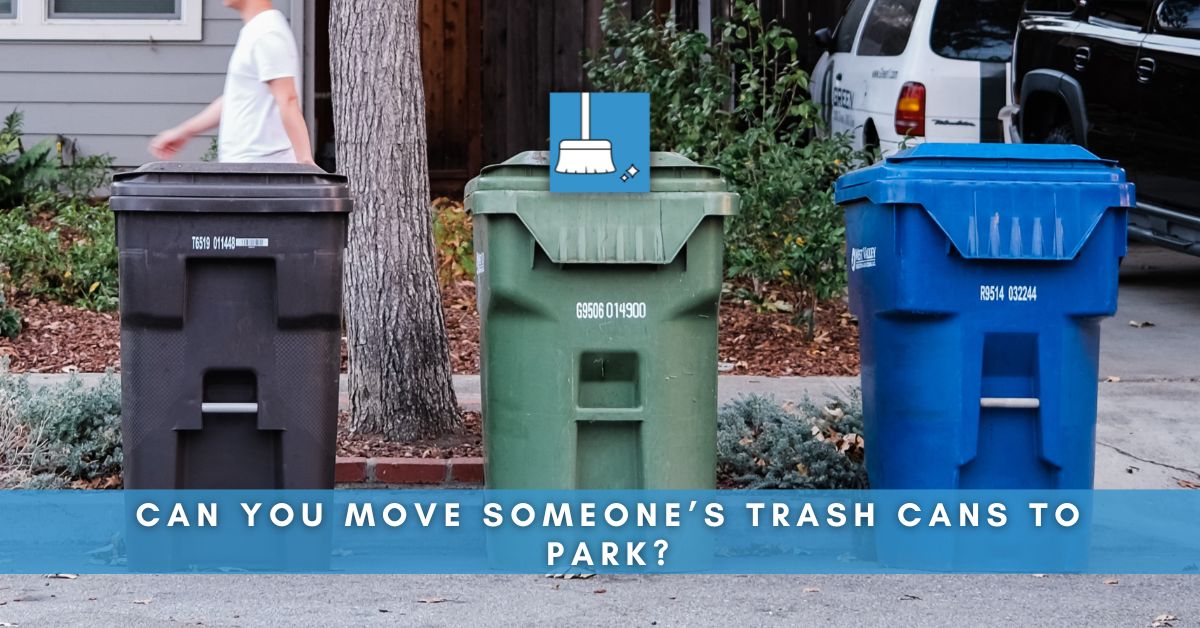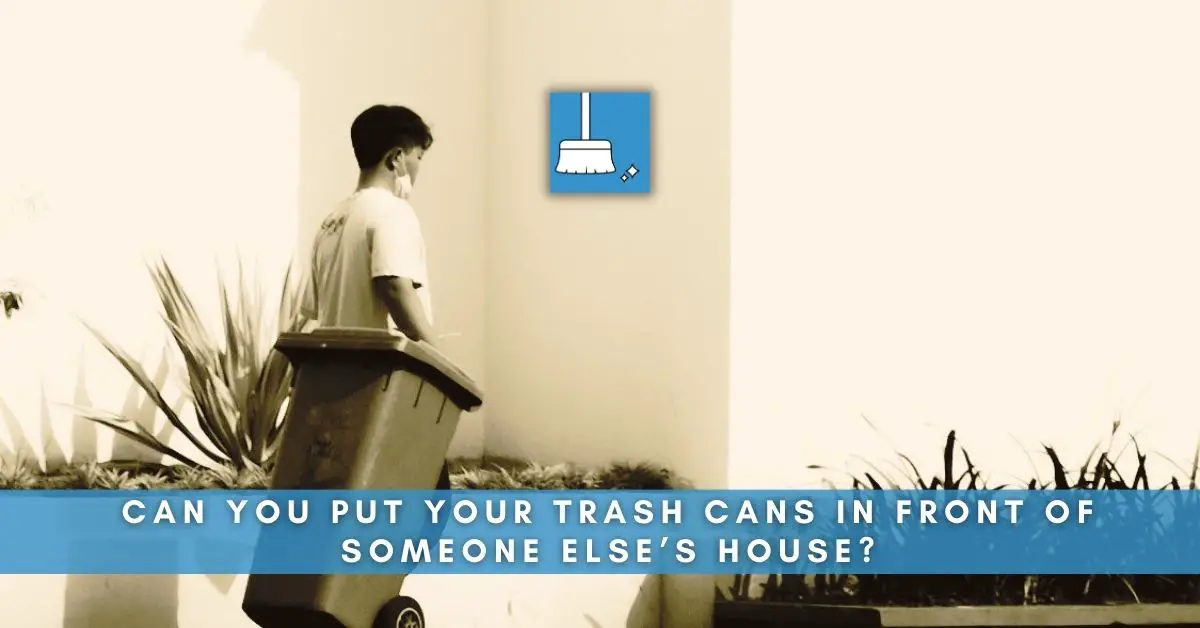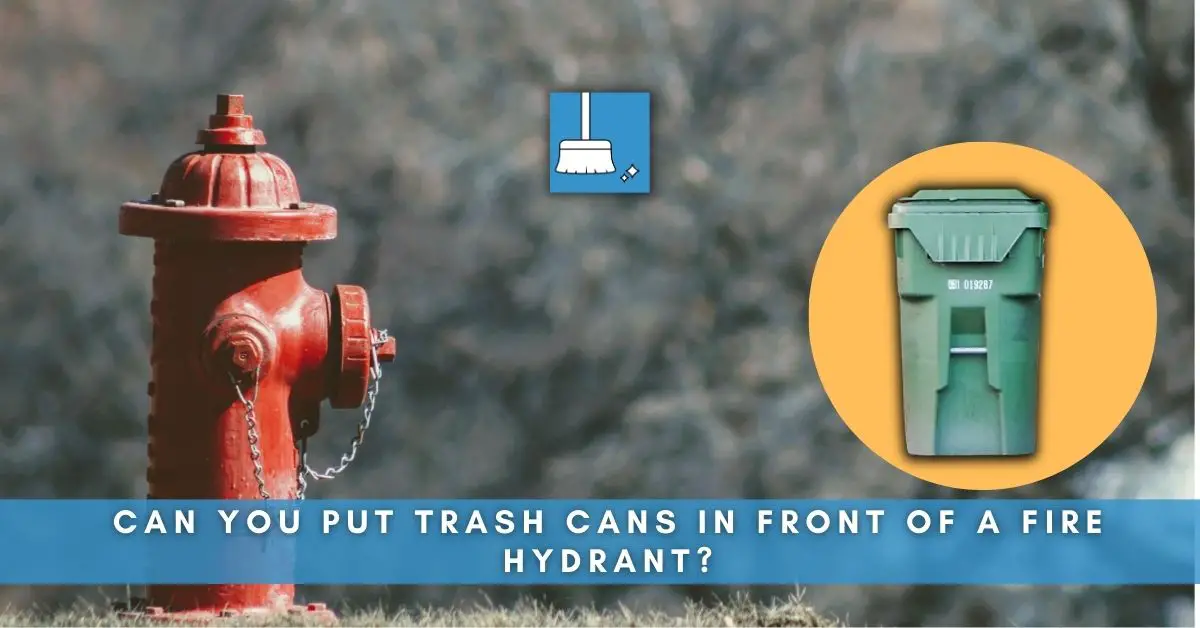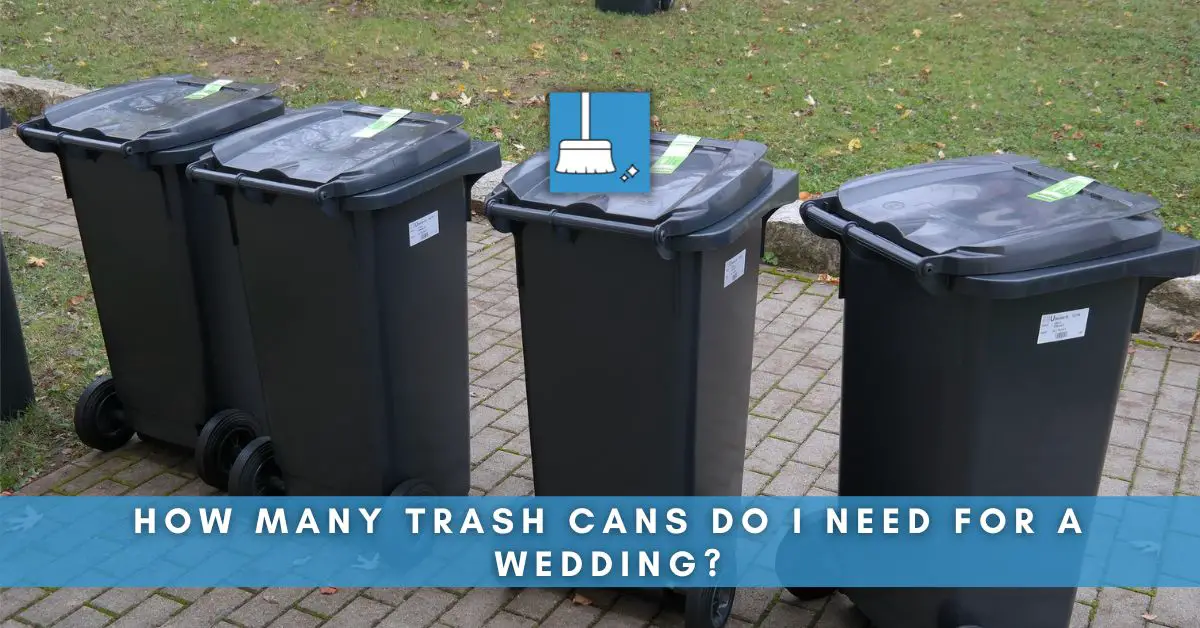As a tenant, you may wonder whether the landlord will provide the trash can or you need to arrange your own. Or maybe you are simply preparing for your prospective rental. In either case, it is essential to understand your rights and responsibilities when it comes to waste management in your new abode.
Overview of Landlord Responsibilities for Garbage
Landlords have various responsibilities when it comes to garbage management, and these duties can vary depending on the state and local regulations.
Generally, landlords are responsible for providing proper waste management services for their tenants, including trash receptacles and arranging for garbage collection or removal.
In some states, landlords are required to provide trash cans, bins, or receptacles for their tenants, while in others, this responsibility can be assigned to the tenant.
However, even if the landlord provides trash receptacles, it does not necessarily mean they are also responsible for their maintenance or regular collection of garbage.
It is important for both tenants and landlords to be aware of the specific rules in their state or local area regarding garbage responsibilities. [1]
In some apartment complexes, landlords may need to adapt to new waste management laws, such as providing composting facilities or additional bins for organic waste. [2][3]
Tenant Responsibility for Waste Management
Although some landlords may provide trash cans or receptacles, in certain states, it is the tenant’s duty to acquire and maintain their garbage bins.
In these cases, tenants should make sure they have an appropriate waste container for their household needs and place their trash at the designated pickup spot according to the local waste collection schedule.
Tenants must adhere to any rules and regulations pertaining to recycling and waste disposal within their rental property.
This may involve sorting garbage appropriately, using designated recycling bins provided by the landlord or local waste management company, and avoiding improper disposal of hazardous materials or large items that may require special pick up services.
Lastly, it is the tenant’s responsibility to inform the landlord if there are any issues or concerns regarding waste management in their rental unit or common areas.
By maintaining open communication, tenants can help ensure that the property remains clean, safe, and environmentally responsible. [4]
Repair Request Process for Garbage-related Issues
When it comes to garbage-related issues in rental properties, tenants are responsible for notifying their landlord if any problem arises.
In most states, repair requests must be made in writing to the landlord. However, some states accept oral requests as well. Nevertheless, it is always a good idea to put all requests in writing to have a record in case of a dispute.
Once the landlord receives a repair request, they usually have a specified time frame to address the issue.
The time frame for landlords to fix issues varies depending on the state laws and the severity of the problem. Generally, many states allow a landlord 30 days to fix a problem, while others only provide three to seven days for more serious issues, such as lack of heat or running water.
Tenant Options When Landlord Doesn’t Comply
If landlords fail to address the garbage-related issues within the specified time frame, tenants may have several options for recourse. Depending on the state, these options could include withholding rent or terminating the lease.
In some states, tenants can withhold rent until a necessary repair has been made. If a tenant chooses to take this route, they must follow specific rules and regulations. This may include providing the landlord with formal notice of the repair and filing a complaint with the court. The tenant will then deposit the withheld rent amount with the court until the issue has been resolved.
However, tenants can only resort to these remedies if they have given their landlord appropriate notice and time to make any repairs or correct the issue. [5]
Maintaining Rental Property: Legal Obligations
While landlords are not always required to provide trash cans, bins, or receptacles, some states mandate this responsibility according to the Implied Warranty of Habitability.
This warranty serves as a guideline for what landlords must provide to keep rental properties in good condition.
Ensuring proper garbage disposal is just one part of maintaining a healthy, well-functioning living space for all occupants. [6]
Compliance with Local Building and Safety Codes
Landlords are obligated to ensure their rental properties adhere to local building and safety codes.
These codes encompass various aspects of property maintenance, including proper installation of plumbing and electrical systems, maintaining structural integrity, and promptly addressing issues with pests or mold.
It is important to note that local, state, and federal may keep changing from time to time.
Therefore, landlords must make an effort to stay up-to-date on current policies and legal requirements regarding property maintenance. [7]
Keeping Common Areas of the Building Clean and Safe
Landlords are responsible for ensuring that common areas of their rental properties are clean and safe for all tenants.
This includes providing proper waste receptacles in shared spaces to maintain hygiene and minimize the risk of fire or accidents.
To maintain cleanliness in common areas, landlords can provide clearly marked trash cans and recycling bins in easily accessible locations, such as hallways, laundry rooms, and outdoor spaces.
They should also arrange for regular trash collection and disposal to prevent the accumulation of garbage, which can attract pests and create unsanitary conditions.
In addition, landlords should conduct periodic inspections and cleaning of common areas to ensure that trash cans are being used appropriately and that they remain in good working order. [8]

